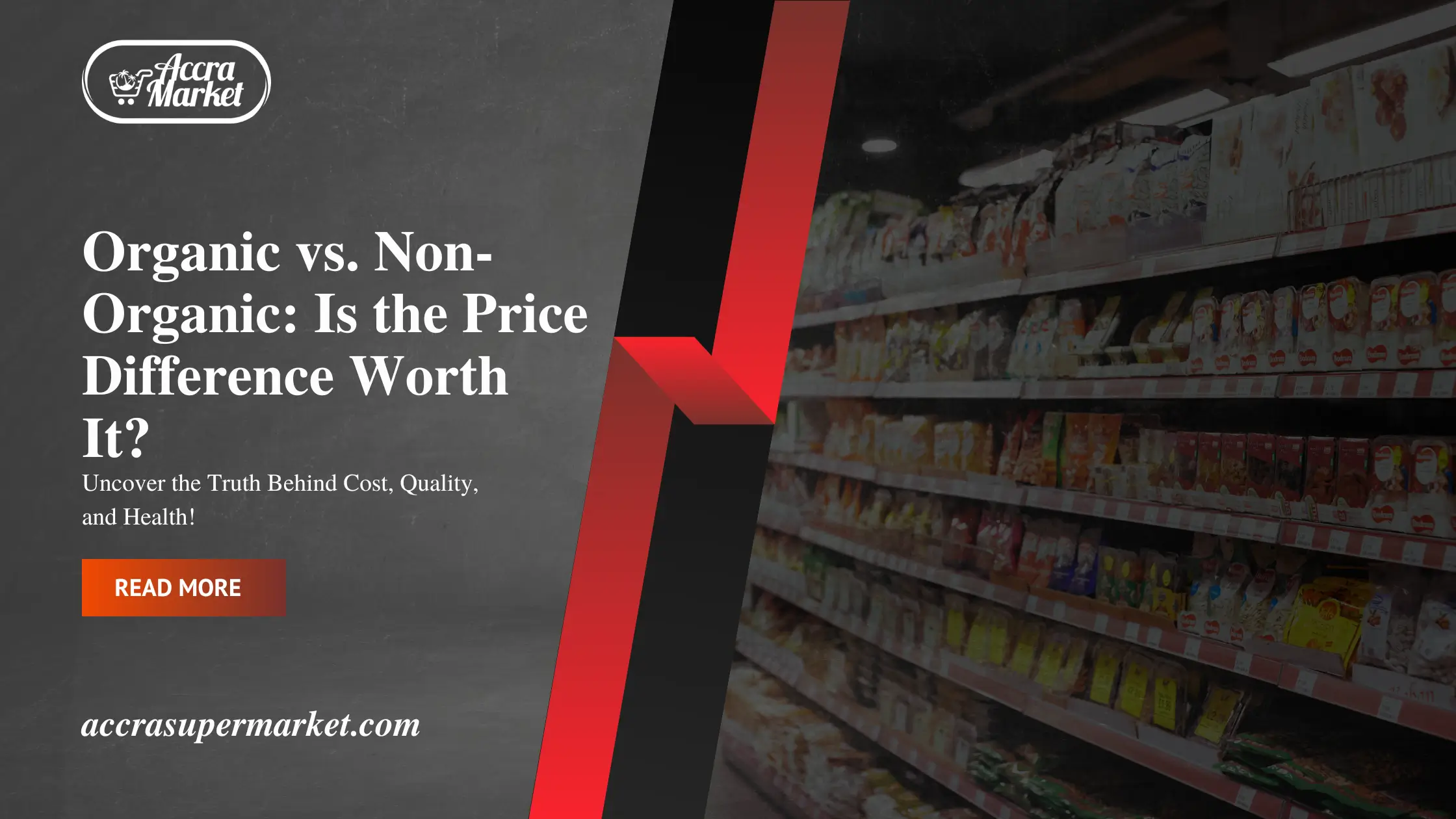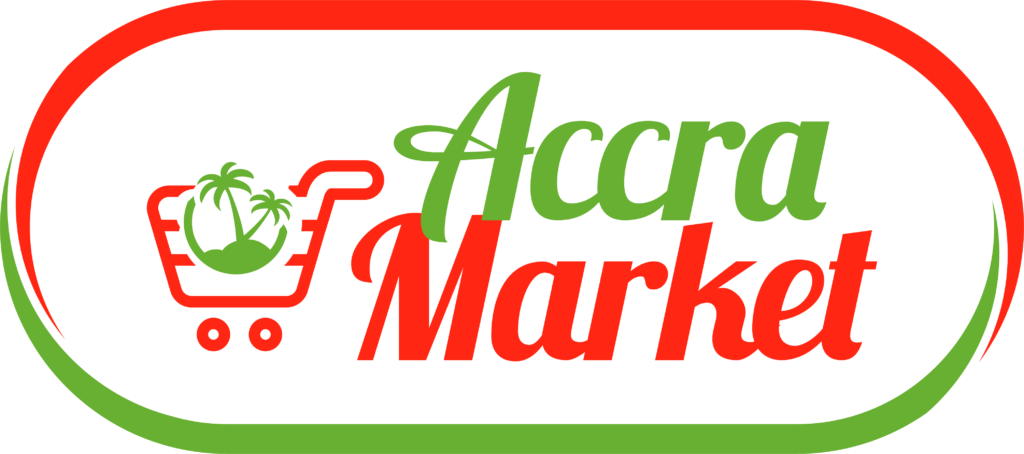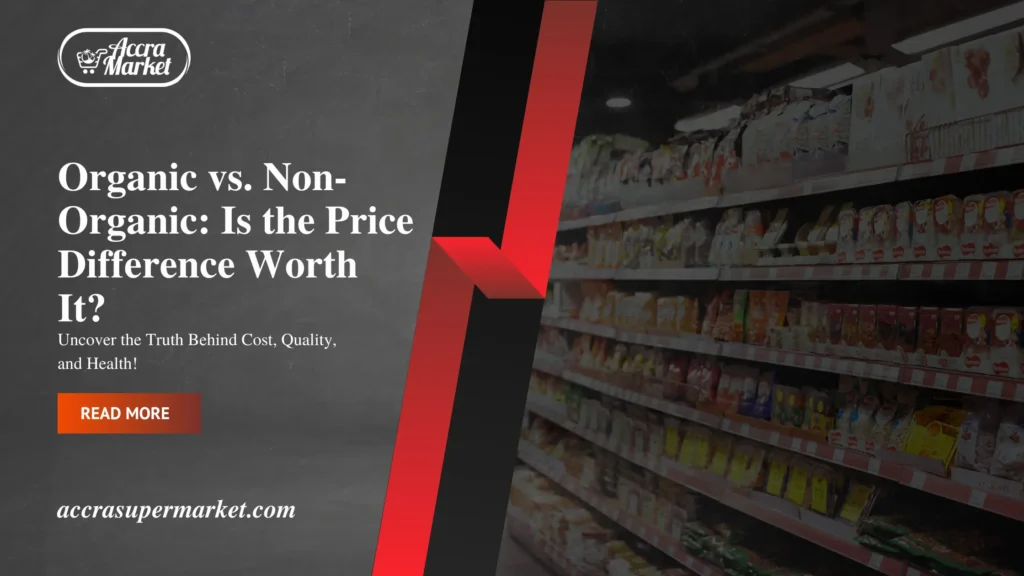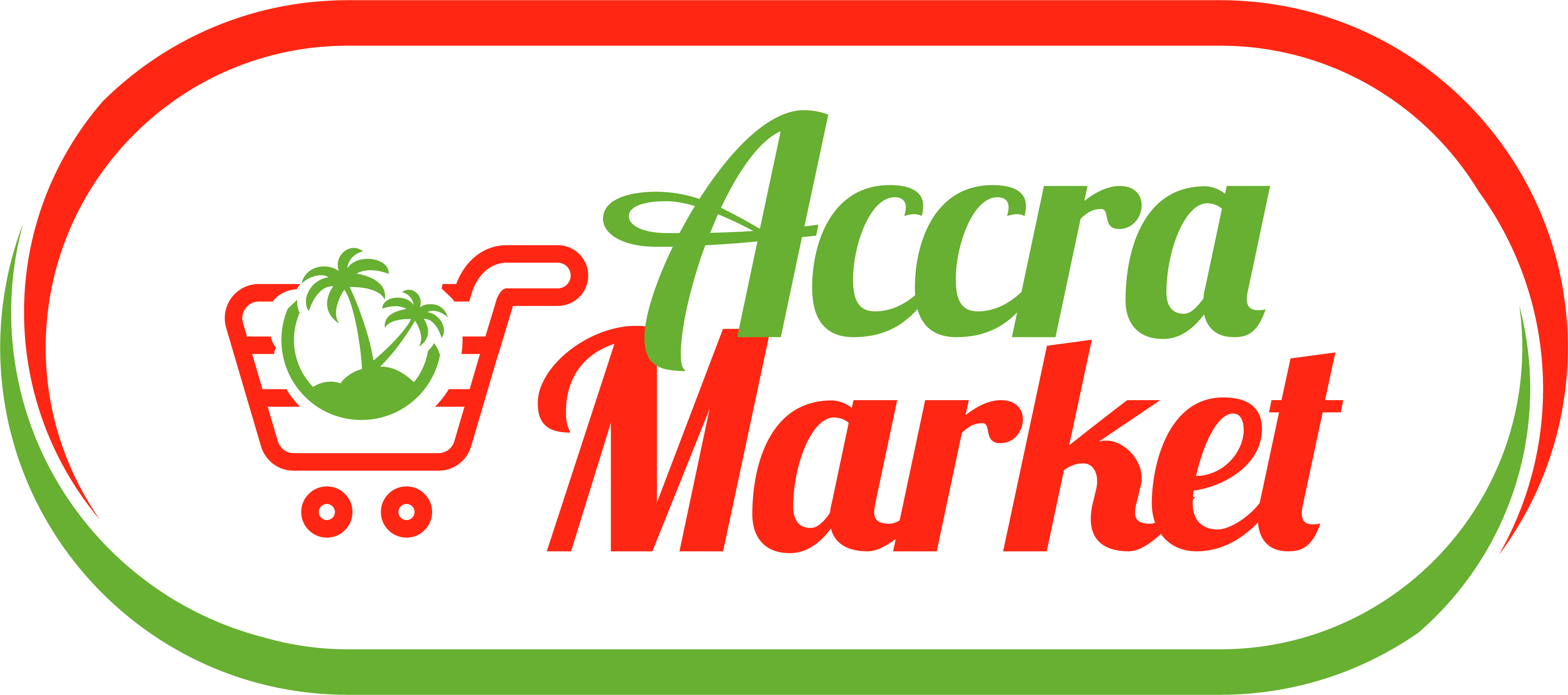Organic vs. Non-Organic: Is the Price Difference Worth It? Uncover the Truth Behind Cost, Quality, and Health!
Organic food has gained immense popularity over the years, with many consumers believing it is the healthier and more sustainable choice. However, one of the primary concerns when purchasing organic products is the price. Non-organic foods tend to be more affordable, making them the default choice for many shoppers. This article will explore the differences between organic and non-organic foods, analyze the benefits and drawbacks of each, and determine whether the price difference is justified.

What Defines Organic Food?
Organic foods are grown and processed according to strict regulations that prohibit the use of synthetic fertilizers, pesticides, genetically modified organisms (GMOs), and artificial preservatives. Organic livestock must be raised without antibiotics or synthetic hormones and must be given access to outdoor spaces. These stringent guidelines aim to promote sustainable farming practices, enhance soil health, and ensure food safety.
Non-Organic Food: Understanding Conventional Farming Practices
Non-organic food, also known as conventional food, is produced using modern agricultural techniques that often include synthetic fertilizers, pesticides, and genetic modifications. Conventional farming allows for higher yields, faster growth rates, and more affordable food prices. However, concerns have been raised about pesticide residues, environmental impact, and potential health risks associated with long-term consumption of conventionally grown foods.
Comparing Nutritional Differences
Are Organic Foods More Nutritious?
One of the most debated topics in the organic vs. non-organic discussion is whether organic foods offer superior nutritional benefits. Studies have shown that organic produce often contains higher levels of certain antioxidants, vitamins, and minerals. Additionally, organically raised meat and dairy products tend to have higher levels of omega-3 fatty acids, which are beneficial for heart health.
Non-Organic Foods and Nutritional Value
While organic foods may have some nutritional advantages, it is important to note that the differences are not always significant. Conventional foods still provide essential nutrients, and the overall diet quality matters more than whether individual items are organic or not.
Pesticides and Chemical Residues
One of the strongest arguments in favor of organic food is the reduced exposure to pesticides and chemical residues. Organic farming strictly limits the use of synthetic pesticides, which can contribute to a lower risk of consuming harmful chemicals. On the other hand, conventionally grown produce is often treated with pesticides to protect against pests and diseases. Although regulatory agencies set limits on pesticide residues to ensure safety, some consumers prefer to avoid synthetic chemicals altogether by choosing organic options.
Environmental Impact
Organic Farming and Sustainability
Organic farming practices prioritize environmental sustainability by promoting soil health, biodiversity, and water conservation. Organic farms use natural composting methods, crop rotation, and minimal pesticide use, reducing the negative impact on ecosystems.
Conventional Farming and Its Effects
Conventional farming methods contribute to higher crop yields but may lead to soil degradation, water pollution from chemical runoff, and loss of biodiversity. While advancements in sustainable conventional farming are being made, organic farming remains the more eco-friendly option.
Cost Considerations: Is Organic Worth the Price?
Why Organic Foods Are More Expensive
Organic foods tend to be more expensive due to several factors, including:
- Higher production costs due to labor-intensive farming practices
- Limited use of synthetic chemicals, leading to lower yields
- Costly organic certification processes
- Shorter shelf life, leading to increased waste and transportation expenses
Budget-Friendly Ways to Buy Organic
For consumers who wish to buy organic but are concerned about the cost, here are some strategies:
- Purchase organic produce that is most susceptible to pesticide contamination (e.g., berries, apples, spinach)
- Buy in-season organic foods for better prices
- Shop at local farmers’ markets or look for store-brand organic products
- Prioritize organic choices for dairy and meat products if budget constraints exist
Accra Market: Finding Organic Foods in East Hartford, Connecticut
For those looking to buy organic foods in East Hartford, Connecticut, Accra Market provides an excellent selection. Named after the major city in Ghana, this market offers a range of organic and conventional products to cater to diverse consumer preferences.
Where to Find Accra Market
Accra Market is conveniently located in East Hartford, Connecticut. Customers can find fresh produce, organic meats, and other healthy food options at this store.
Why Shop at Accra Market?
- Wide variety of organic fruits, vegetables, and pantry staples
- Affordable pricing compared to other organic food retailers
- Knowledgeable staff to assist with product selection
- Community-oriented store that supports healthy eating habits
Conclusion: Making an Informed Choice
Deciding between organic and non-organic foods ultimately depends on individual priorities, budget, and health considerations. While organic foods offer benefits in terms of reduced pesticide exposure and environmental sustainability, conventional foods remain a viable option for those seeking affordability. Consumers should make informed choices based on their dietary needs, lifestyle, and financial circumstances.
If you’re looking for fresh, high-quality organic foods in East Hartford, Connecticut, visit Accra Market today. Explore a variety of organic options and make healthier choices for you and your family!





